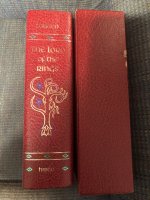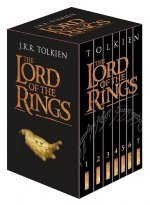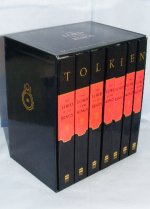Ruin Explorer
Legend
Oh yeah re: Y'ghatan, that is um, quite a thing.The whole scene with Y'ghatan. Holy hell.
Like I said, love them or hate them.
Re: love or hate, I think it's kind of both with Malazan, rather than either. I did give up on them after the next book I guess.
But also not allowed by the question, because it's three books!The Lord of the Rings.
Not even a question for me.
#pedantic4lyfe
Just to second @Zaukarie, it's not only completely untrue, it's an absolutely bizarre thing for someone to tell you to the point where you've got to wonder about their motives. Best case scenario they're confusing it with some other book.I was always told that Lies of Locke is more videogame esque than classic fantasy. Is that not true? I mean, I read in an interview that he named the main character after a Final Fantasy 6 thief.
The only even very arguably "videogame-like" fantasy novels I can really think of are some Brandon Sanderson ones, and it's not so much that they resemble videogames, but it's a testament to his construction of magic systems that many of them would be pretty easy to turn IN to videogames. The original Mistborn series, I could practically think of the button-mappings you'd want to do to put Vin's abilities on, and how you could implement most of them. This is part of Sanderson's charm - he will create a magic system you imagine uses for before the characters use them that way.
Thinking further, all the most "videogame-like" fantasy novels have the same thing going on - they have a very developed and "playable" magic system, which features as a major part of the books.
That's certainly not a thing with Locke Lamora.




